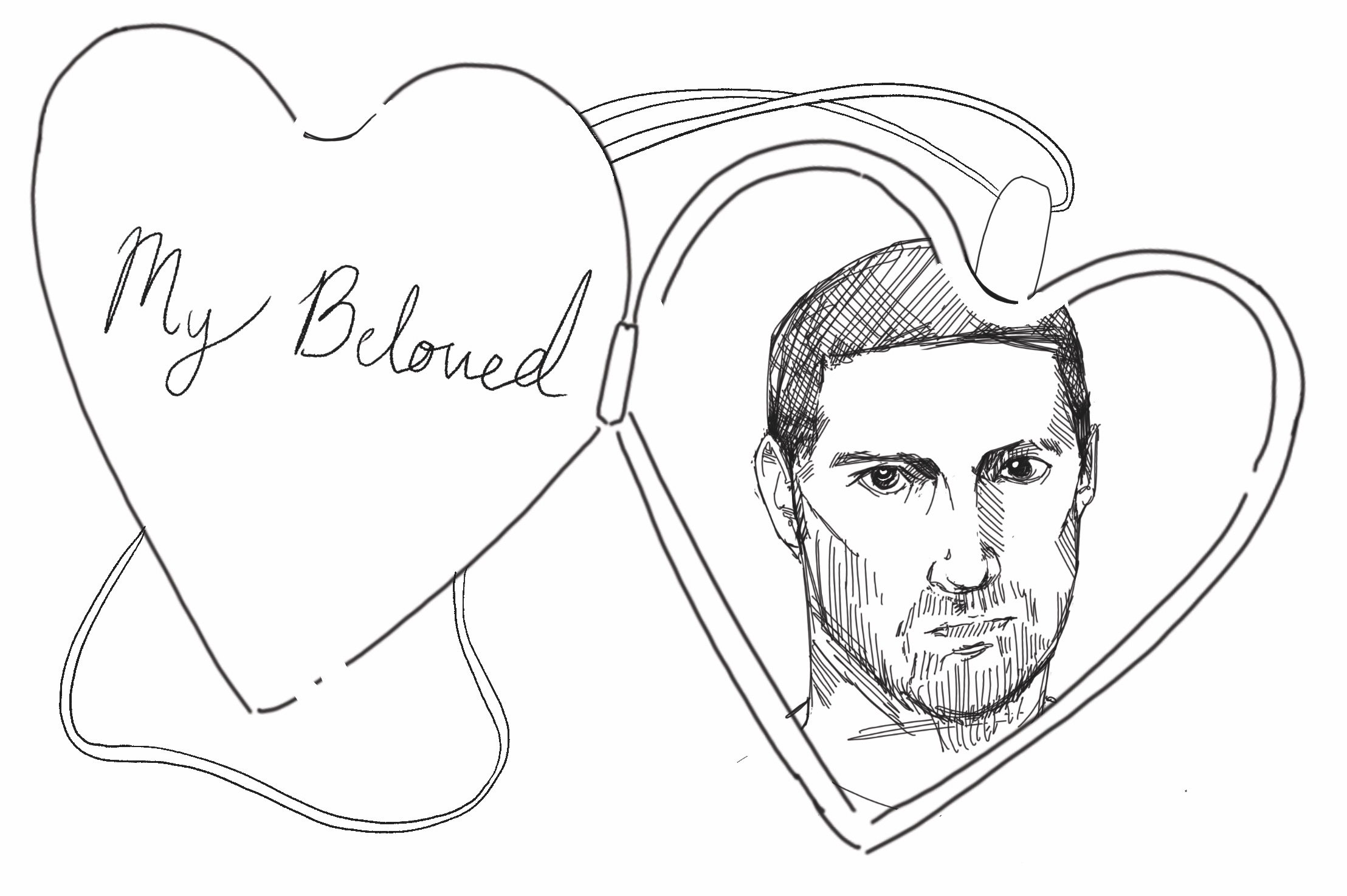I am not “Lost”
November 1, 2024
 Blue Monreal
Blue MonrealFor weeks, I have been trying to develop an alliterative trifecta for my TOQs, adding a third J to accompany my pieces on Jersey Mike’s and Jimmy Carter, and I finally found it: Jack from “Lost.” If you have known me in the last three months of my life, you know that I live, breathe and die for “Lost.” It is a show that has changed my perspective on casual viewing and made me value the television medium entirely differently. It also has come to me in the most tumultuous time of my life.
I started watching the show at the end of my most stressful summer to date. I had taken the highest-paying corporate job I could find and lived in a cramped student dorm for three months with complete strangers in the middle of New York City. I loved many moments in New York, but I found myself constantly questioning the values of what I was working towards. Did I want to contribute to the capitalist machine so directly at all times? Did I want to sell out my writing for a cause I didn’t believe in? Did I want to work 60-plus hour weeks and never see my family or friends for career gain?
At the end of my time there, I found “Lost,” the 2004 drama series about a plane crash on a mysterious island that has been heralded for its innovation in dramatic television writing. I watched the entire first season in three days as I packed up my temporary life in New York, counting down the hours until my flight.
In all ways, I felt Lost. Junior summer, to me, had felt like it was supposed to be a defining moment for my career. I was supposed to know exactly what I was doing when I got back to campus and feel like I had direction in my life, but as I left the city in August, I felt the complete opposite. I also felt a larger existential concern about the state of our world that had been bubbling every day of my summer in the city. I felt helplessly intertwined in copious amounts of global issues that were much more apparent living in a city compared to in Brunswick, Maine.
Then I found Jack. Jack is arguably the protagonist of the show, a talented surgeon who becomes the de facto leader of the stranded group because of his medical capabilities. He is sure of himself at all times, even as the island descends into madness and questions begin to spiral. Instead of following the lead of John Locke, arguably the show’s other protagonist and trying to find the answers to the island, Jack is constantly searching for a way to help everyone.
Though I have watched hundreds of hours, I only find myself begrudgingly relating to the character of Jack. He is practical and respected because of his tangible skills, but it is not until the very last moment that he considers why he is fighting so hard and by himself.
It is not until much too late that he realizes that he cannot single-handedly save the island and the people on it. He does not have to isolate himself or sacrifice his well-being for everyone else. Until the very end, Jack fights his need to sacrifice his happiness for what he thinks is the greater good. Over time, he learns that no one is really meant to suffer for the sake of everyone else; that is a collective burden that not just one man can take. I never needed a reminder of this more than in the last three months.
As he grows, he learns to respect and trust the other people on the island. He learns how to let go because he realizes he cannot solve every single problem in the world. As I entered back into the Bowdoin community after nine months away, I was reminded why I do trust people. I can trust my peers here to be kind and considerate, and I also know that I can rely on people to pull their weight. I often find myself struggling against the need to control everything I can in my communities, but being a leader means letting go and trusting those around you to be capable and care as much as you do, which, in almost every case, they do.
I am not Lost. I may not make the right choice or succeed in everything I do. You have to find the balance between caring for the people around you and trusting that those around you care just as much, if not more, than you do. Not everything is your responsibility.
Sometimes you just have to let go and trust that most people are fighting for a common cause, even if that cause is (as is the case in Lost) pushing a button every 108 minutes to make sure the world doesn’t blow up.
Janet Briggs is a member of the Class of 2025.

Comments
Before submitting a comment, please review our comment policy. Some key points from the policy: